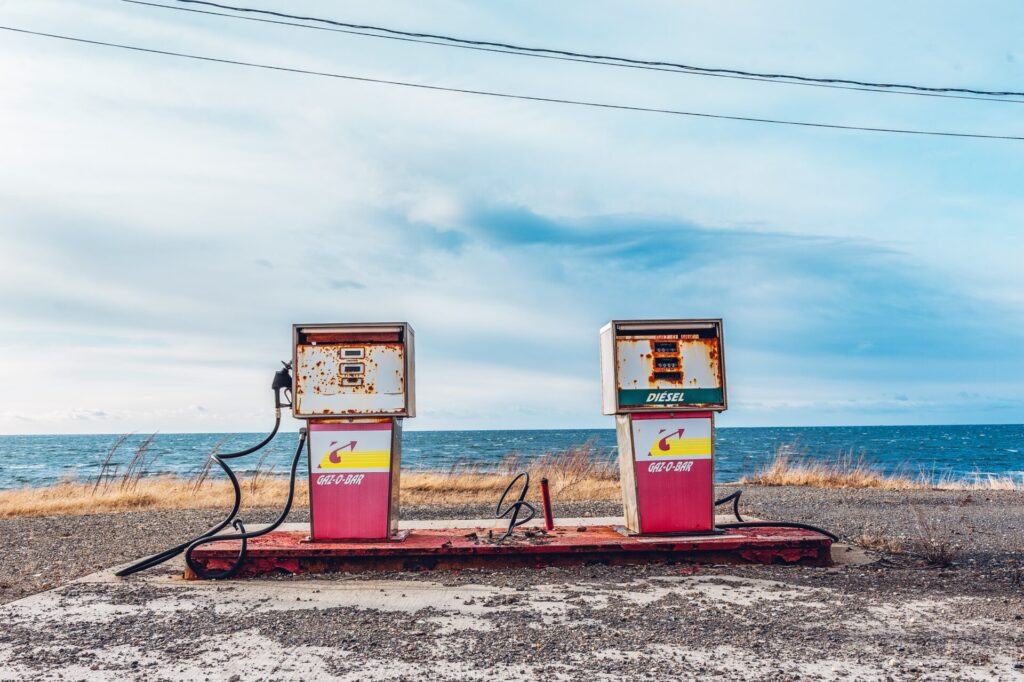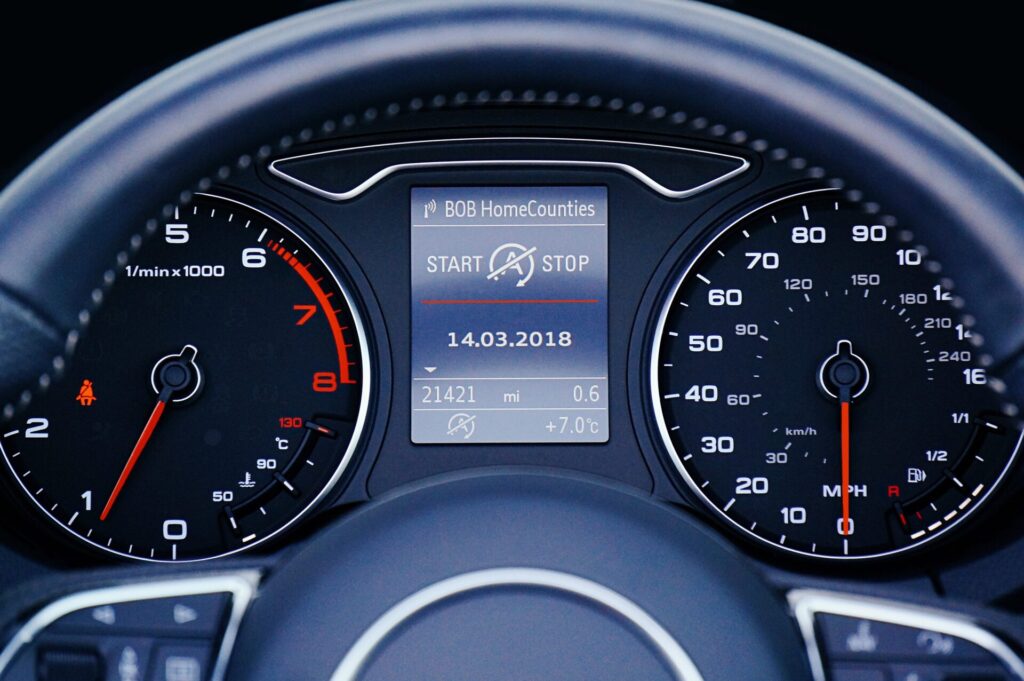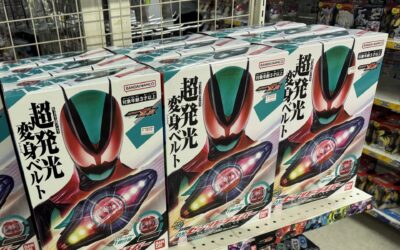Are you a sole proprietor who spends much money on gasoline for your business? Want to save money on taxes against gasoline? Then check out this blog post! In this article, I have compiled a manual for individuals who run a sole proprietorship to split the cost of gasoline to maximize savings. Read on and let your expenses work for you.
- Can you expense gas?
- Four Patterns of Journal Entries for Gasoline Expenses
- What is “Anbun[あん分]”? Meaning and Benefits for Sole Proprietors
- What is the method of gasoline cost proration? Specific calculation method explained.
- Points to keep in mind in the Anbun[あん分] process
- Is gasoline the only expense that can be prorated? Does it apply to other costs as well?
- Are we forcing truckers to pay for gas?
- Conclusion
Can you expense gas?

For sole proprietors who use a car, gasoline is one of the most essential expenses. So, can you deduct the expense of gasoline? The answer is yes, as long as it is necessary for your business. However, if you use your car, you must calculate the delivery ratio(Anbun Hiritsu[あん分比率]).
Four Patterns of Journal Entries for Gasoline Expenses

There are four patterns of journal entries for gasoline expenses
Vehicle maintenance expenses(Sharyou Ijihi[車両維持費])
Sharyou Ijihi[車両維持費] is the account used to maintain the vehicle. Not only do we classify gasoline expenses, but we also classify them in terms of how much it costs to keep the car. So, these are the expenses that come in.
- Gasoline expenses
- Car inspection fee
- Parking lot fee
- Tire replacement cost
- Oil change fee
- Cost of replacing engine oil, brake oil, wiper rubbers, etc.
The advantage to Sharyou Ijihi[車両維持費]) to sum up everything is that you can see how much it costs to manage and maintain this car throughout the year. This method is suitable for those who use the vehicle relatively frequently.
The actual journal entry looks like this.
| Date | Debit | Credit | Description | ||
| March 6 | Vehicle maintenance Expense (Sharyou Ijihi[車両維持費]) | JPY6,725 | Cash(Genkin[現金]) | JPY6,725円 | Gasoline expense for Car A |
Travel and transportation expenses
Regarding travel and transportation expenses, this journal entry is suitable for those who occasionally use a car. The contents included in the travel and transportation expenses are as follows. The vehicle is not the primary means of transportation but rather an occasional trip.
- Transportation expenses for trains, buses, cabs, etc.
- Cost of car rental
- Air travel expenses such as airline tickets, plane fares, and airport fees
- Accommodation expenses (hotels, ryokan, minshuku, etc.)
- Per diem expenses (food, allowance, etc.)
- Food and beverage expenses during transportation
- Other related expenses such as travel insurance and visa acquisition costs required for overseas travel (note that consumption tax-related expenses should be mentioned)
| Date | Debit | Credit | Description | ||
| March 6 | Transportation Expenses (Ryohi Koutsuhi[旅費交通費]) | JPY6,725 | Cash(Genkin[現金]) | JPY6,725円 | Gasoline expense for Car A |
DateDebit/CreditMarch 6Travel Expenses6,725YenBusiness Owner’s Debt6,725YenCar A Gasoline
Fuel expense
The third is fuel expense. This is used when gasoline is quite heavy, and you want to keep a firm control of that stand-alone expense. You can properly manage the cost of gas as one of your major expenses.
Recording it as a stand-alone expense and not including other costs makes it easier to analyze later.
| Date | Debit | Credit | Description | ||
| March 6 | Fuel Cost(Nenryohi[燃料費]) | JPY6,725 | Cash(Genkin[現金]) | JPY6,725円 | Gasoline expense for Car A |
Cost of Sales
This is for those who drive cabs or trucks as a business. This is the way to do it if you use gasoline expense in the position of cost of sales.
| Date | Debit | Credit | Description | ||
| March 6 | Cost of Sales(Uriage Genka[売上原価]) | JPY6,725 | Cash(Genkin[現金]) | JPY6,725円 | Gasoline expense for Car A |
In both cases, you want to ensure the receipts are properly recorded rather than being vague because it is a sole proprietorship.
What is “Anbun[あん分]”? Meaning and Benefits for Sole Proprietors

This section explains “Anbun[あん分],” which sole proprietors need.
Anbun[あん分] allocates a portion of your expenses when calculating expenses for shared use of your home, office, or vehicle. In this case, we are talking about cars. Let’s consider where you use your vehicle for business purposes.
Using this method, you can record expenses such as gasoline, for example, and thus save on taxes. However, you should set a rule to do the annexation. Following those rules will help you make accurate calculations.
What is the method of gasoline cost proration? Specific calculation method explained.

First, calculate the total cost of gasoline. There are several ways to divide the price of gas.
Let’s decide on the proportion of the total.
Patterns for determining the proportion
- Proportion based on mileage
- The number of days of business use
Once the percentage is determined, multiply the amount by the ratio. Here is an example.
Calculate the ratio of the distance used for business to the length used for living. For example, if the measurement used for business is 500 km and the size used for daily living is 2,500 km, the percentage used for business is 16.67%. The ratio is then multiplied by the total gasoline cost. Specifically, if the gasoline cost was 10,000 yen, the 16.67% multiplied by 1,667 yen can be recorded as an expense. Sole proprietors can thus save on gasoline expenses while also saving on taxes.
Points to keep in mind in the Anbun[あん分] process

There are many points to remember when calculating the tax basis of gasoline expenses. First, the calculation of gasoline cost may differ depending on whether the gasoline is used for home, office, or other purposes. Suppose the cost of gas has a significant impact on your business. In that case, you should calculate your share of the price of gasoline precisely rather than using the share for your business as a whole.
If you only pay for gasoline once a year, using the overall Proportionate Share may be more accessible.
You should check with your tax advisor in this area to ensure justification.
Is gasoline the only expense that can be prorated? Does it apply to other costs as well?

If a sole proprietor has both a home and an office, they can deduct only the portion of the expenses related to the house necessary for the business. So, is gasoline the only expense that can be prorated? Some may wonder if it applies to other costs as well.
In addition to gasoline, you can include other expenses such as rent, electricity, communication, property tax, and building fire insurance premiums. However, it is essential to accurately determine the portion that is and is not an expense. You can expect to save on taxes by recording these expenses as expenses.
Perhaps a bit more important to note are water bills and depreciation on a house with a mortgage deduction.
Like the electric bill, the water bill may seem like an anomaly, but it cannot be expensed unless related to a business, such as a cooking class. However, the water bill cannot be expensed unless related to a company, such as a cooking class. Even if the house is not used for business, the water is used, so it is not business-related.
Also, a 50% percentage for mortgage deductible properties makes the mortgage deduction unavailable in the first place. It also reduces the removal rate from 50% to 90%. Since the mortgage deduction is often more significant than the amount of tax you get back, it is often not in your best interest to include small expenses.
Are we forcing truckers to pay for gas?
This is a bit off-topic, but fuel costs have skyrocketed recently. At times like this, it is sometimes said that the prime contractor may impose the price of gasoline on the subcontractor’s truck drivers. It is sometimes said that the prime contractor is forcing the subcontractor’s truck drivers to pay for the gas. The debate sometimes arises as to whether it is right to impose it.
This leads to the difference between being hired and being a contractor. If you are a contractor, you are paid for the results of your work, and the trucker should be responsible for the cost of gasoline. As a result, it may appear to be an imposition. If the prime contractor-subcontractor relationship tends to be fixed, imposition can be established because price negotiations do not work.
This is not because the law is unfair but because the subcontracting contract is based on the assumption that price negotiation works appropriately.
You may be unfamiliar with price negotiation. However, price negotiation is not a fight, so communicate that slowly.
Conclusion

In summary, an annexation of gasoline costs is one of the most effective ways to save on taxes for a sole proprietor. If you share it with your household use, you can split it up by prorating the household expenses and only write off the portion used for work. It is also essential to understand that you can also prorate other fees. You should also pay attention to expense management. You should also be aware of the blue tax return and try to meet the requirements for deductions. There are some caveats to gasoline accounting, but follow the correct procedures and bookkeeping methods to ensure you realize savings and tax savings.




